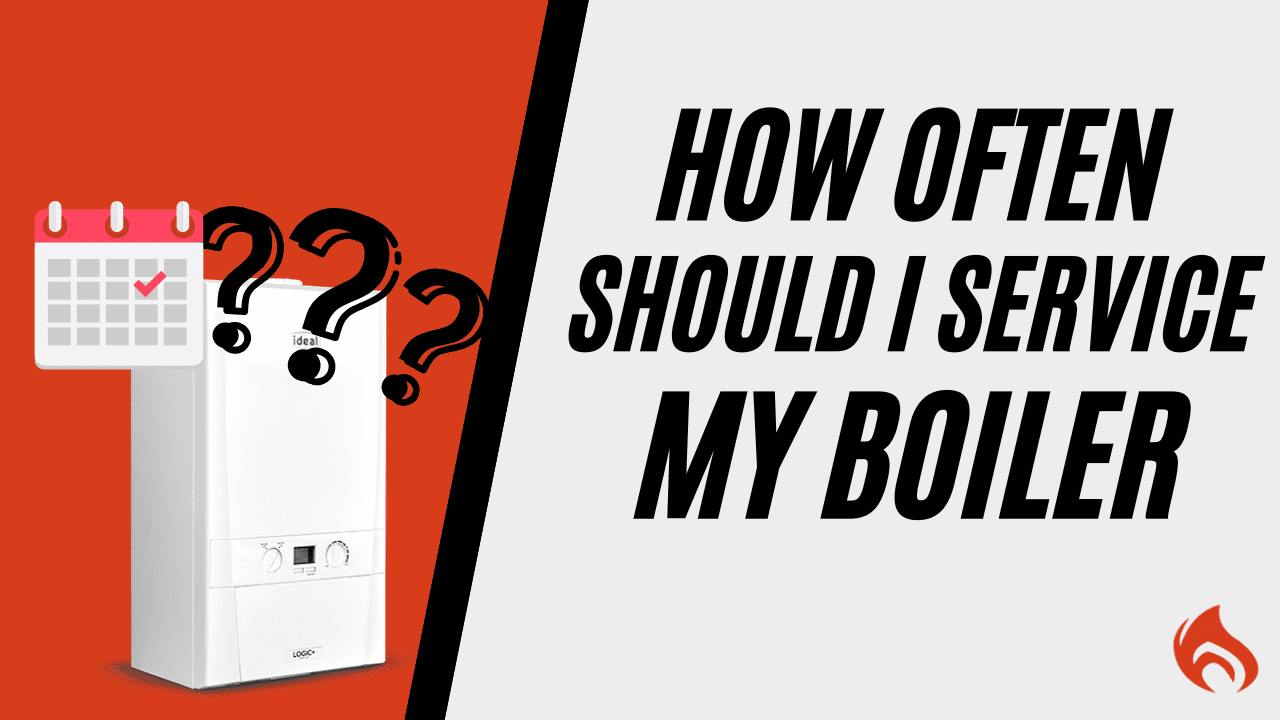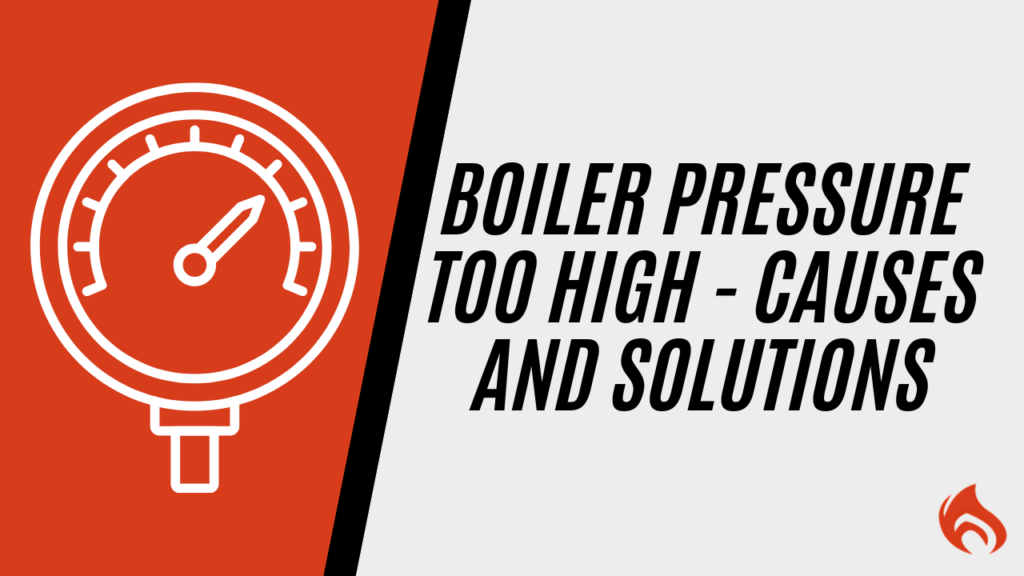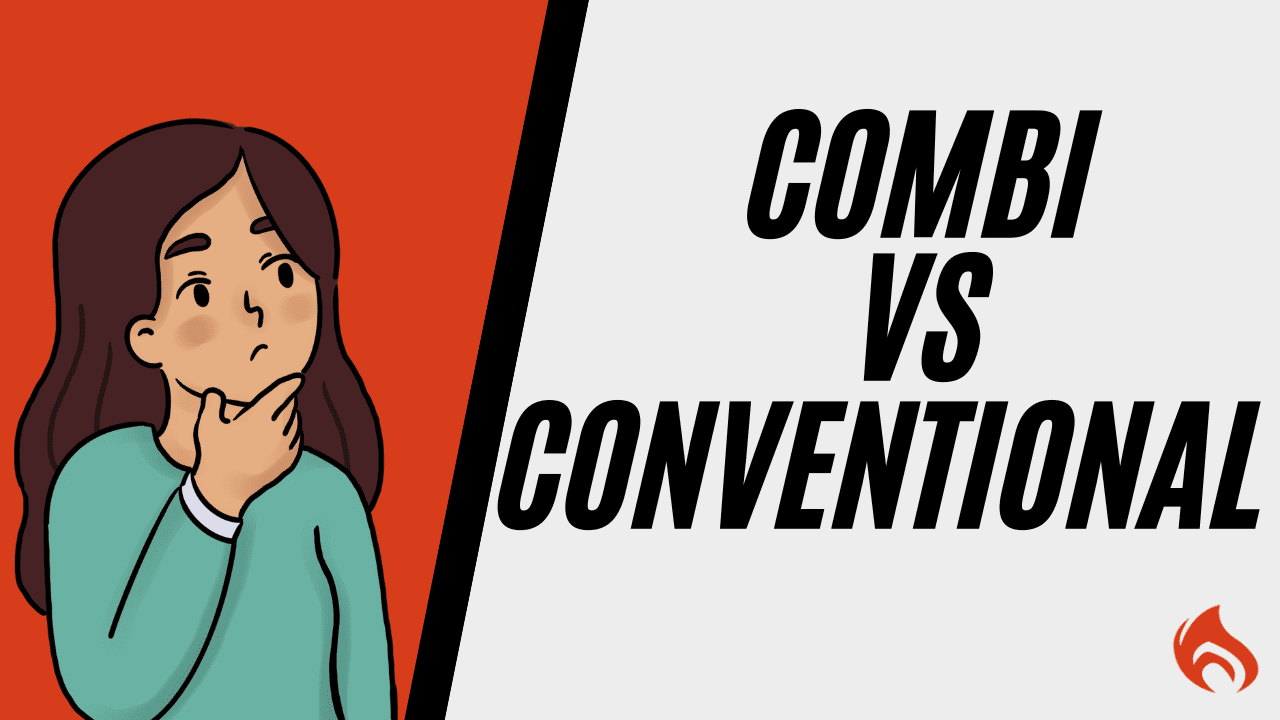
How Often Should I Service My Boiler?
How Often Should I Service My Boiler? Table of Contents Picture this: it’s the middle of winter, your home is

Have you ever noticed your boiler pressure creeping up higher than normal? Is it causing you concern, making you wonder if it could lead to leaks, inefficiency, or expensive repairs? A well-functioning boiler should maintain the correct pressure to operate efficiently and safely, but when pressure levels rise too much, it can spell trouble.
In this guide, we’ll dive into the reasons why your boiler pressure might be too high, how to diagnose the issue, and the best steps to lower it safely and effectively. By staying informed and taking proactive measures, you can ensure your boiler remains in optimal condition and avoid unexpected breakdowns.

Before tackling the issue, it’s important to understand why your boiler pressure might be rising. Here are some common causes:
Overfilling the system – When you add too much water while refilling your boiler, it can cause the pressure to exceed the recommended level.
Faulty pressure relief valve – This safety component is designed to release excess pressure. If it’s malfunctioning, it may fail to regulate pressure properly.
Expansion vessel issues – The expansion vessel absorbs excess pressure in the system. If it’s faulty or deflated, the pressure may rise uncontrollably.
Blocked or leaking pipes – Any obstructions or leaks in your central heating system can affect pressure distribution, causing fluctuations.
Limescale buildup in the system – Over time, limescale can accumulate inside the boiler and pipework, restricting water flow and leading to increased pressure.
Incorrect boiler settings – Some boilers may have incorrect pressure settings, leading to a higher-than-necessary operating pressure.

Monitoring your boiler pressure regularly is crucial to prevent issues. Most boilers operate best between 1 and 1.5 bar when the system is cool. When the heating is on, it may rise slightly, but if your pressure gauge consistently reads above 2.5 bar, it’s a sign that something is wrong, and you should take action.
High boiler pressure isn’t just a performance issue—it can also lead to leaks and long-term damage. Follow these steps to safely reduce it:
Before making any adjustments, always switch off your boiler and allow it to cool completely. Working on a hot boiler can be dangerous and less effective.
If your boiler pressure keeps rising, one common cause is the filling loop being left open. This component allows you to add water to the system, but if left open, it can continuously increase the pressure. Here’s how to check and fix it:
Leaving the filling loop open can cause unnecessary pressure build-up, potentially leading to leaks. If you’re unsure, always consult a professional.


Bleeding your radiators is an effective way to release trapped air, improve heating efficiency, and lower boiler pressure if necessary. Follow these steps to do it properly:
If you’ve tried these solutions and your boiler pressure is still too high, it could indicate a more serious issue, such as a faulty expansion vessel, pressure relief valve, or internal blockage. In such cases, it’s best to contact a qualified heating engineer to diagnose and fix the problem.
High boiler pressure is a common but manageable issue. By understanding its causes and following these simple steps, you can keep your heating system running safely and efficiently. Regular maintenance and monitoring will help prevent pressure-related problems in the future.
If you’re unsure about any of the steps or notice persistent issues, don’t hesitate to seek professional assistance.
At Cheshire Boilers, we specialize in providing expert heating services to keep your boiler functioning at its best. Whether you need a repair, maintenance, or a full boiler replacement, our professional team is here to help. Visit our website at Cheshire Boilers to book a service or get expert advice on all your heating needs.

How Often Should I Service My Boiler? Table of Contents Picture this: it’s the middle of winter, your home is

Combi Boiler vs Conventional Boiler: What’s the Difference? Table of Contents Choosing the right boiler for your home isn’t just